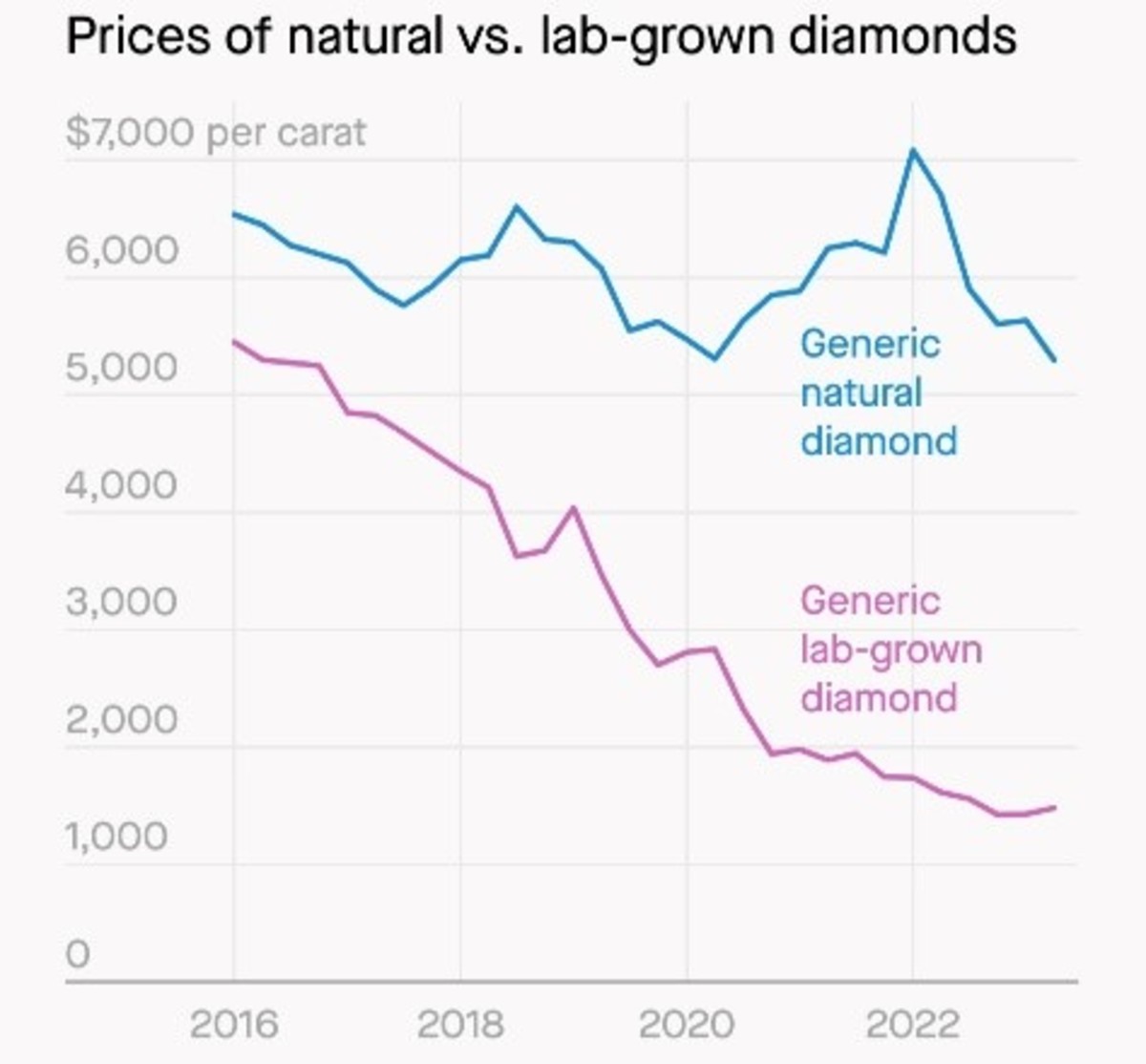MIT Pours Salt into Global Central Bank Liquidity

"Mind and Hand"
The motto of the Massachusetts Institute of Technology (MIT) inculcates its students to use their minds and hands. Knowledge must have a practical application. This motto has had a profound influence on modern central banking. These united principles are currently being applied to the Global Debt Crisis in coordination; by a cadre of MIT alumni.
Salty Liquidity
In 1976, Professor Robert Hall of Stanford University coined the terms "freshwater" and "saltwater"; in his note on economic theory at the time.The distinction comes from the two dominant schools of economic theory; that have emerged in modern economics. Monetarism is associated with the Chicago School of Economics; which is on the huge freshwater Lake Michigan. Keynesianism is to be found on the Atlantic Seabord of America around the schools of New England; and is therefore termed "saltwater".
Over time, the economic risks of the day have switched the focus and fortunes of these two schools in the economic management of the global economy. Monetarism originated in the Austrian School of Economics; and prescribes the virtues of a dynamic business cycle, that is unregulated by the hand of government. Boom and bust are to be expected and accepted as necessarily condtions of human development. In each downwave of the cycle, excess capacity and outmoded businesses are liquidated; so that the system is free to startover again. The minds of Keynesians react with aversion to the human and economic cost imposed by the business cycle; and seek to apply the hand of government to create aggregate demand in the downwave.
The logic of "Mind and Hand" therefore lends itself directly to Keynesianism, which is why it has flourished in the "saltwater" environment. The global economic situation after the Credit Crunch, was one in which the Keynesians' minds saw the need to apply the hand of government; to create aggregate demand in the form of fiscal stimulus. A fiscal stimulus however, without the same attendant amount of monetary stimulus from the central bank will simply drive interest rates up and kill economic activity further. The situation in countries like Greece is a case in point; whereby a large government fiscal burden without the presence of a central bank to monetize this burden leads to higher interest rates and weaker economic growth.
The Keynesians therefore need "saltwater" central bankers to provide the liquidity needed to monetize fiscal debts. Circumstance has evolved to provide this symbiotic relationship of fiscal stimulus with "saltwater" central bankers. What is more, these "saltwater" central bankers are contemporaries and alumni of MIT. Not only are they believers and practitioners; they are also close friends.
Ben Bernanke and the Bank of England's Director Mervyn King once shared adjoining offices at MIT in 1983. The ECB's Mario Draghi and Bernanke also did their doctorates at MIT; in the 1970's. At the ECB, MIT alumnus Lucas Papademos is currently to be found. Outside of central banking, in the related field of government economic policy, the figures of MIT alumni Larry Summers and Christina Romer were to be found in the Obama Administration during the fiscal stimulus. To coordinate the central bankers and government policy makers in the global arena, the figure of alumnus Olivier Blanchard can still be found at the IMF. The bench of the team that is charged with saving the global economy is deep and "salty".
The Bundesbank perhaps represents that last financial institution that has remained "freshwater" in its approach to economic policy. It's ability to dilute the "salty" team that is now managing the global economy has been challenged by the arrival of Mario Draghi at the ECB. The minds and hands from MIT are gaining greater control.








